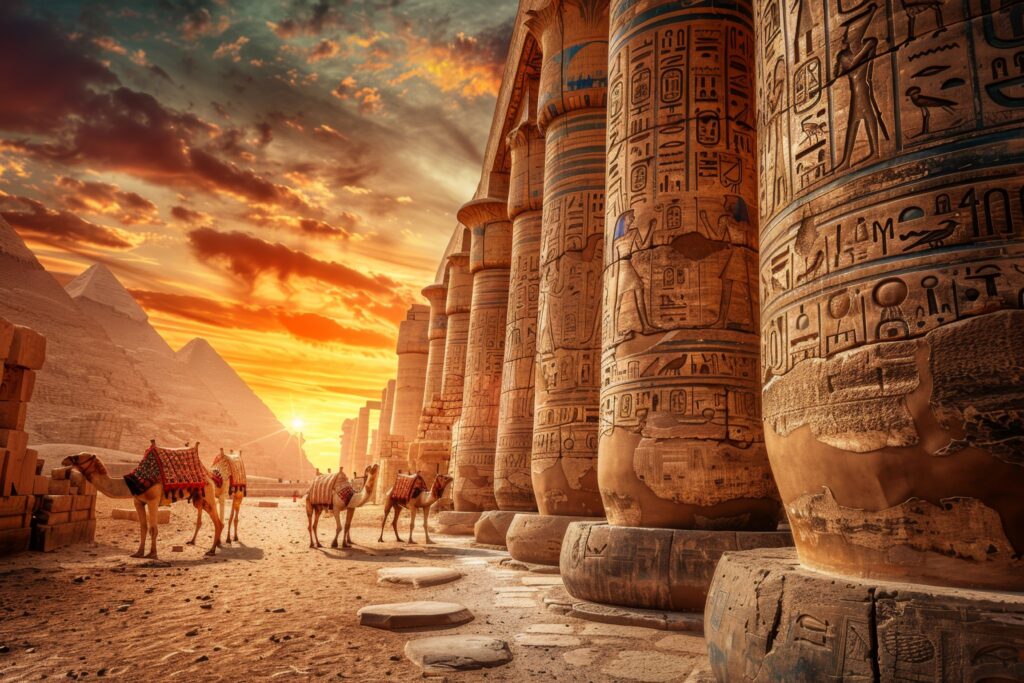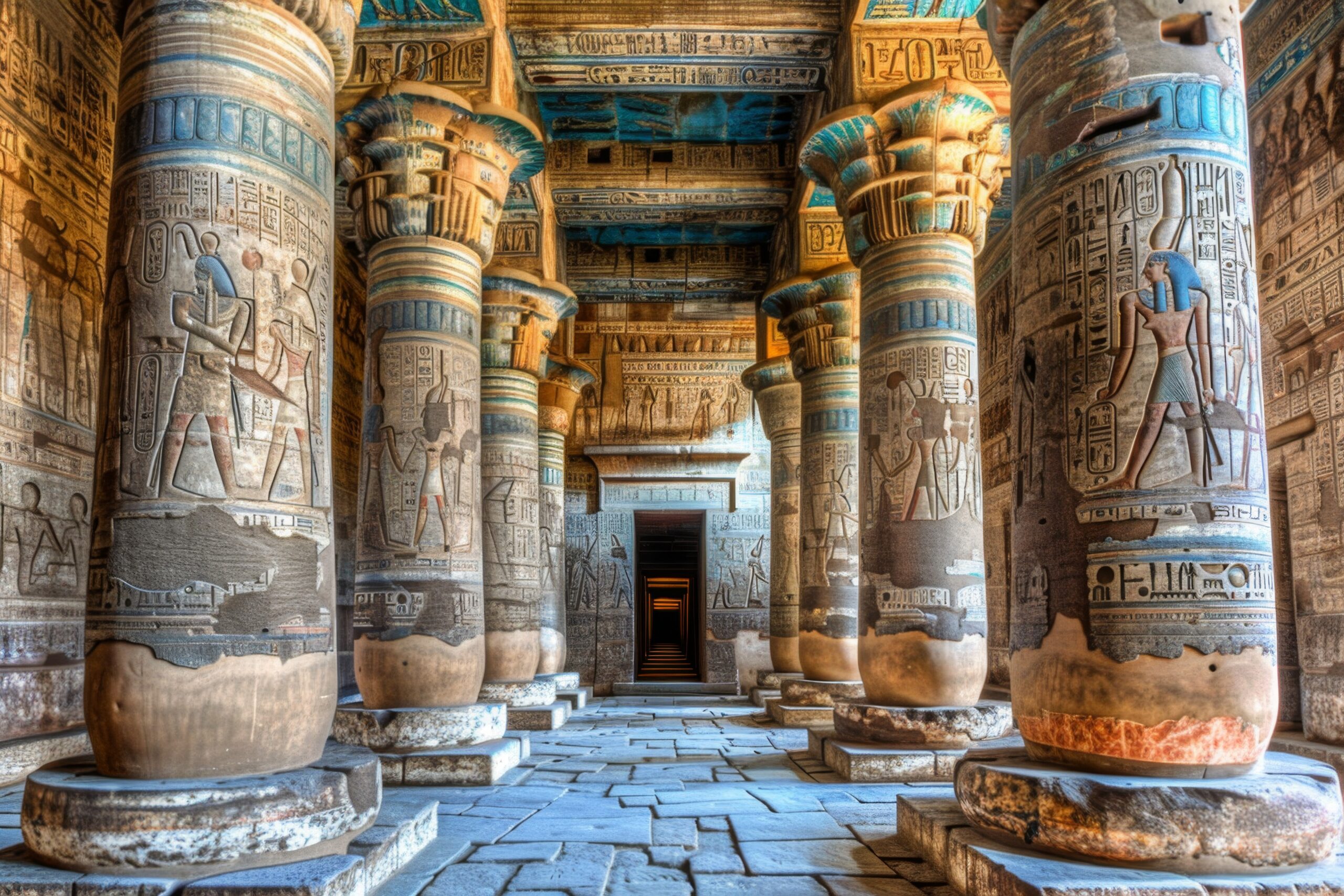Introduction
Egypt is a land of wonders, home to one of the oldest and most influential civilizations in human history. From the grandeur of the Pharaohs to the cultural and scientific advancements that shaped the world, Egypt’s history is a rich tapestry of power, innovation, and mystery. In this article, we take a deep dive into the history of Egypt, exploring its ancient civilization, key historical events, and lasting legacy.
The Birth of Ancient Egypt
The history of Egypt dates back to around 3100 BCE when the first Pharaoh, Narmer (also known as Menes), unified Upper and Lower Egypt. This marked the beginning of the First Dynasty and the establishment of one of the most remarkable civilizations in history. The Nile River played a crucial role in sustaining the early Egyptian civilization, providing fertile land, transportation, and a reliable water source.
The Old Kingdom (2686–2181 BCE)
The Old Kingdom is often referred to as the “Age of the Pyramids.” During this period, Egypt saw the construction of its most iconic monuments, including the Great Pyramid of Giza, built for Pharaoh Khufu. This era was characterized by strong central governance, economic prosperity, and advancements in architecture and engineering.
The Middle Kingdom (2055–1650 BCE)
The Middle Kingdom was marked by a revival of art, literature, and political stability. Pharaohs such as Mentuhotep II and Senusret III strengthened the kingdom by expanding trade routes and fortifying Egypt’s borders. This period also saw the increased influence of regional governors, which led to a more decentralized government.
The New Kingdom (1550–1070 BCE)

The New Kingdom was the golden age of Egypt, marked by military conquests and immense wealth. Legendary rulers such as Hatshepsut, Akhenaten, Tutankhamun, and Ramses II expanded Egyptian influence across the Middle East and Africa. The temples of Karnak and Abu Simbel stand as testaments to the grandeur of this era.
Key Highlights of the New Kingdom:
- Hatshepsut: One of the most powerful female Pharaohs who established trade networks.
- Akhenaten: Introduced monotheism by worshipping the sun god Aten.
- Ramses II: Known for the Battle of Kadesh and extensive building projects.
The Late Period and Decline of Ancient Egypt
Following the New Kingdom, Egypt faced invasions from foreign powers, including the Nubians, Assyrians, and Persians. In 332 BCE, Alexander the Great conquered Egypt, marking the beginning of the Ptolemaic Dynasty. The final chapter of ancient Egypt came with the rule of Cleopatra VII, who formed alliances with Julius Caesar and Mark Antony before Egypt became a province of the Roman Empire in 30 BCE.
The Influence of Ancient Egypt on the Modern World
The contributions of ancient Egypt are still evident today. Their advancements in mathematics, medicine, engineering, and astronomy laid the foundation for future civilizations. The concept of writing (hieroglyphics), monumental architecture (pyramids and temples), and their complex belief systems continue to inspire historians and archaeologists.
Conclusion
The history of Egypt is a fascinating journey through time, filled with monumental achievements and cultural advancements. From the powerful Pharaohs to the architectural marvels that still stand today, Egypt remains a crucial part of human history. As modern research and archaeology continue to uncover new insights, our understanding of this incredible civilization deepens, ensuring that Egypt’s legacy lives on forever.



